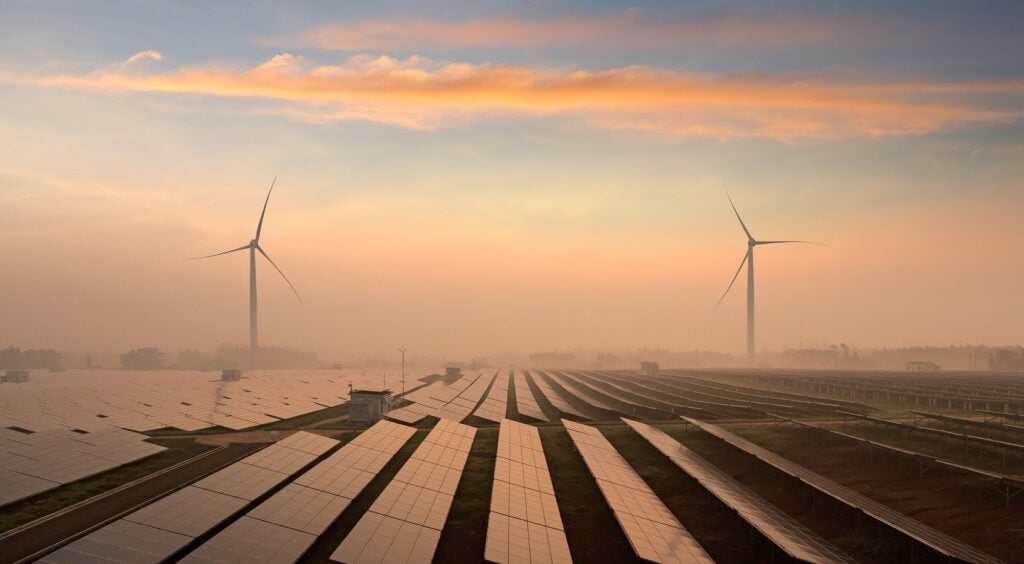Last Friday saw Great Britain’s energy demand be met without the need for coal generation for a full day for the first since since the industrial revolution.
National Grid suggested the historic landmark may occur early on Friday (21 April 2017) morning before confirming it late the same evening.
Britain’s longest period without the need for coal prior to Friday’s event was in last May when the fossil fuel was not required for 19 hours, a feat which was achieved again last Thursday.
But Friday put that achievement in the shade, with coal not required for a full 24 hour period.
Using statistics from Sheffield University and Elexon, MyGridGB charted the sources of demand across the country for that 24 hour period. While nearly half (47.4%) of the country’s electricity was supplied by gas generators, variable renewable generators (wind, solar and hydro) produced nearly one-fifth (18.1%).
Combined with nuclear and biomass, low carbon generators contributed a total of 44.4% of Great Britain’s total electricity supply on Friday 21 April 2017.
The most recent landmark comes amidst a spring of events which have demonstrated the changing face of the UK’s electricity generation market.
On one Saturday last month National Grid revealed that mid-afternoon demand dipped below that of overnight demand from the evening before for the first time in GB history, a feat which National Grid squared solely at the significant deployment of solar PV in the country.
Hannah Martin, head of energy at Greenpeace UK, said the achievement marked a “watershed in the energy transition”.
“A decade ago, a day without coal would have been unimaginable, and in ten years’ time our energy system will have radically transformed again.
“The direction of travel is that both in the UK and globally we are already moving towards a low carbon economy. It is a clear message to any new government that they should prioritise making the UK a world leader in clean, green, technology. They will need to get on with the coal phase-out plan and recognise the economic potential of renewable energy and energy efficiency. We can meet the UK’s needs for skilled jobs and fair bills, whilst also meeting our climate targets.”






